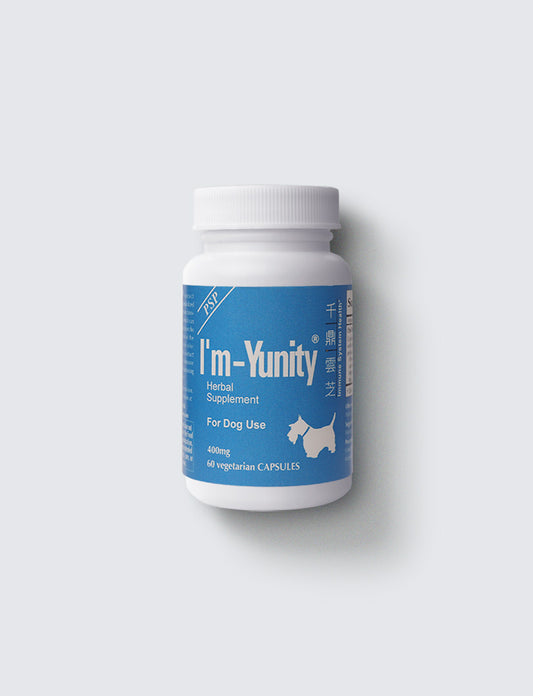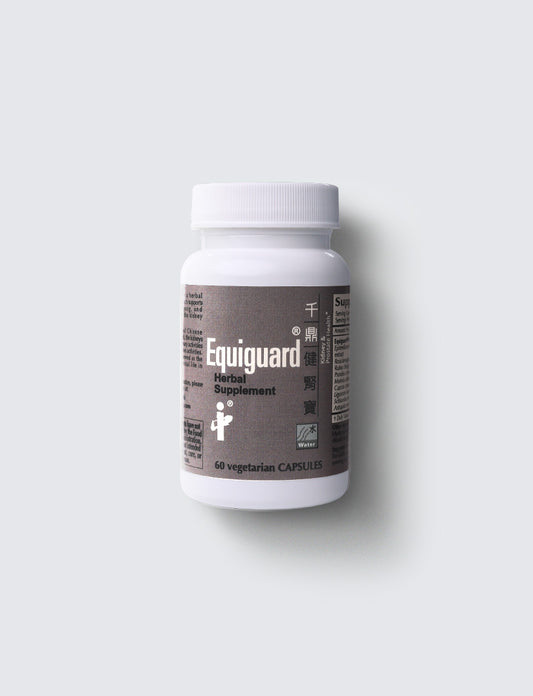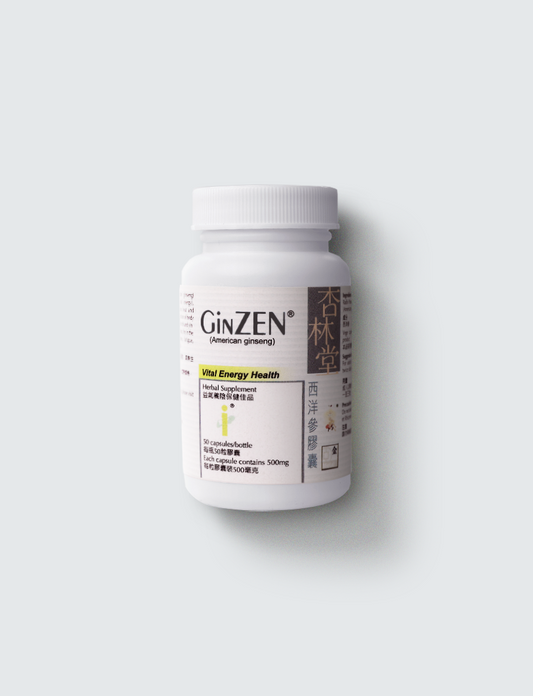Personal Care Tips for Chemotherapy Patients
Share

In Issue 35 of Health Magazine, we discussed the use of Chinese herbal products, such as I’m-Yunity, during chemotherapy to help prevent or alleviate side effects like nausea, vomiting, hair loss, and low white blood cells and platelets count. In addition, there are other measures that can support patients in getting through this difficult time. The information below is for general reference only, individuals may have specific health needs.
Nausea and Vomiting Induced by Chemotherapy
Nausea and vomiting caused by chemotherapy are due to the stimulation of the gastrointestinal lining or the vomiting center in the brain by chemo drugs. Some patients may experience symptoms immediately after treatment, while others may develop severe nausea and vomiting 8–12 hours later, which can last for several hours or even the entire day.
The following tips and measures may help relieve these symptoms:
-
Eat smaller, more frequent meals, and avoid overeating.
-
Minimize the intake of sweet and greasy foods.
-
Serve food at a moderate temperature; avoid food that is too hot.
-
Separate drinking and eating for at least one hour, whether before or after meals.
-
Avoid strong or unpleasant smells that may trigger nausea, such as smoke, spices, or chemical odors.
-
Do not lie down within two hours after meals; instead, take a short walk or rest while sitting.
-
Practice slow, deep breathing to help ease nausea.
-
If nausea often occurs during medication administration, avoid eating a few hours before the treatment.
Hair Loss During Chemotherapy
Hair loss is one of the common side effects of chemotherapy. It doesn’t only refer to the loss of scalp hair, but also includes the loss of body hair. Hair loss can occur on any part of the body, including the face, arms, legs, underarms, and pubic area, eventually leading to thinning or complete hair loss. After chemotherapy ends, hair will gradually begin to regrow.
Most patients do not experience hair loss immediately at the start of chemotherapy. It usually develops gradually after several sessions. Additionally, the scalp tends to become more sensitive after hair loss, often becoming dry and itchy. Therefore, patients should understand and adopt proper self-care practices to protect the scalp and hair:
-
Choose gentle soaps or shampoos: Use mild or moisturizing products that are fragrance-free and dye-free.
-
Use a conditioner: Always use a cream rinse or hair conditioner along with your shampoo.
-
Be gentle: Pat your hair dry with a soft towel after washing, avoid harsh styling tools like hair dryers.
-
Avoid irritants: Do not use hair dyes or perms, as they can damage thinning hair and may not work effectively.
-
Protect your scalp: Wear a hat or scarf when going outside to prevent sun exposure.
-
Moisturize: If your scalp feels dry or flaky, apply a gentle oil or moisturizer instead of using dandruff shampoo.
For patients experiencing severe hair loss who are considering wearing wigs, we recommend selecting a wig before hair loss becomes too noticeable. This approach offers two key advantages: first, it allows for easier matching of the wig color to individual’s natural hair; second, it helps avoid a sudden or drastic change in appearance.
In fact, over the past decade, among the chemotherapy patients we have observed, more than 90% of those who took I’m-Yunity (Yun Zhi, Coriolus versicolor extract) did not experience significant or extensive hair loss. Even among those with mild thinning, their hair regrowth rate was 2~3 times faster compared to those who did not use the product.
Although nausea, vomiting, and hair loss are common side effects of chemotherapy, with proper self-care knowledge and appropriate medication, most patients can reduce these effects, making the treatment process smoother and more effective.
Know more about "I'm Yunity®"



